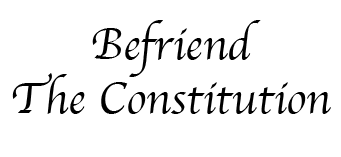Today, much more than then, none of us can ignore the importance of religion globally—in politics, conflict resolution, economic development, humanitarian relief, and more. Eighty-four percent of the world’s population identifies with a particular religion, yet 77 percent of the world’s inhabitants live in countries with high or very high restrictions on religious freedom. Understanding religion and its relationship to global concerns and to governments is essential to seeking to improve the world in which we live.
Although religious freedom is unknown in most of the world and threatened from secularism and extremism in the rest, I speak for the ideal in which the freedoms religion seeks to protect are God-given and inherent but are implemented through mutually complementary relationships with governments who seek the well-being of all their citizens.
Consequently, a government should secure religious freedom for its citizens. As stated in article 18 of the U.N.’s influential Universal Declaration of Human Rights, “Everyone has the right to freedom of thought, conscience and religion; this right includes freedom to change his religion or belief, and freedom, either alone or in community with others and in public or private, to manifest his religion or belief in teaching, practice, worship and observance.”


